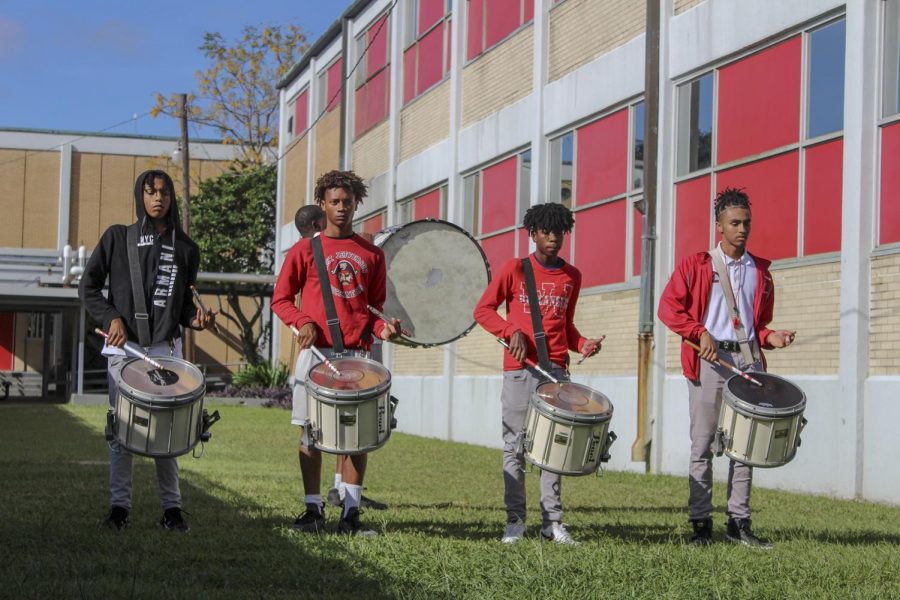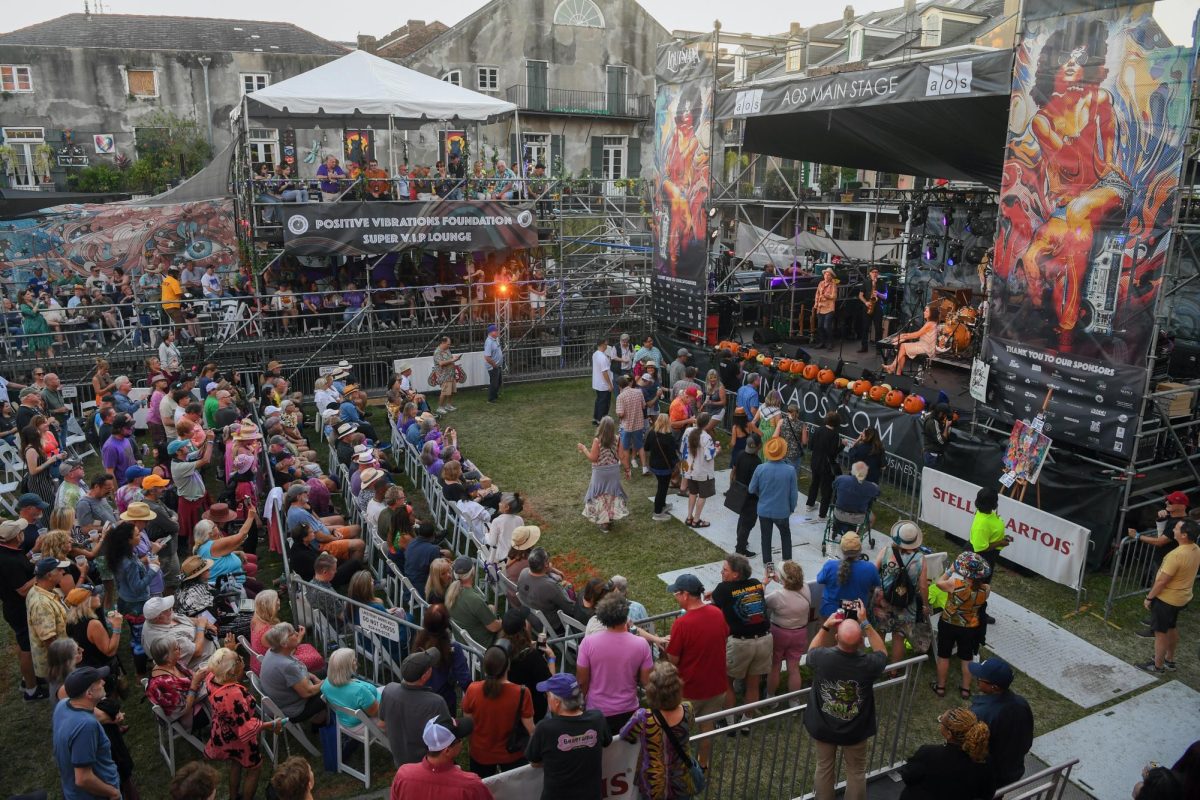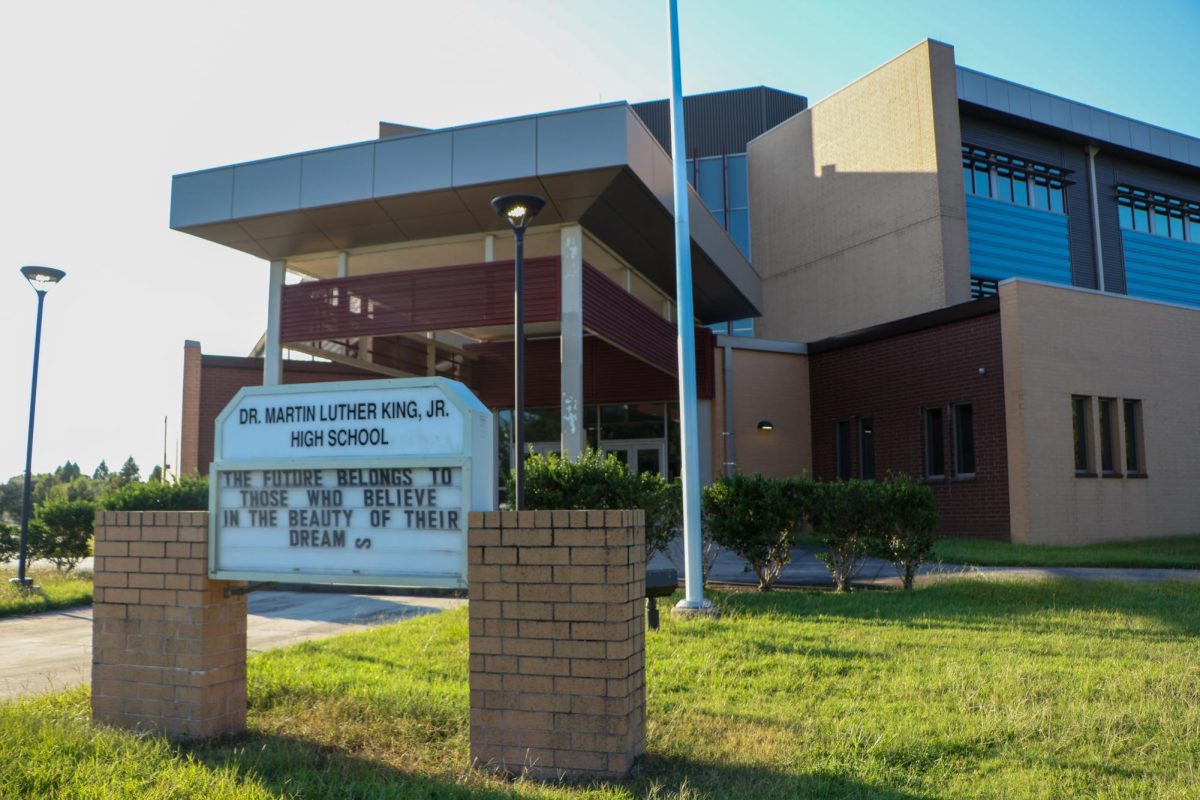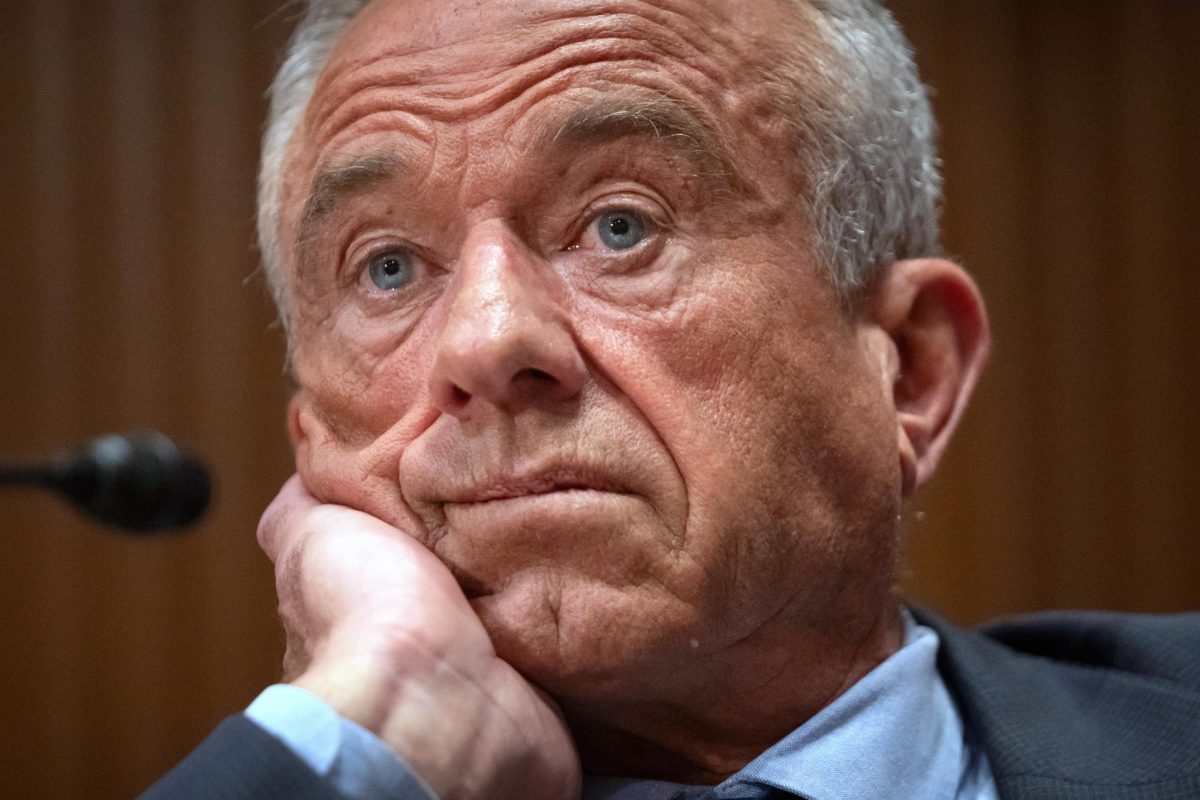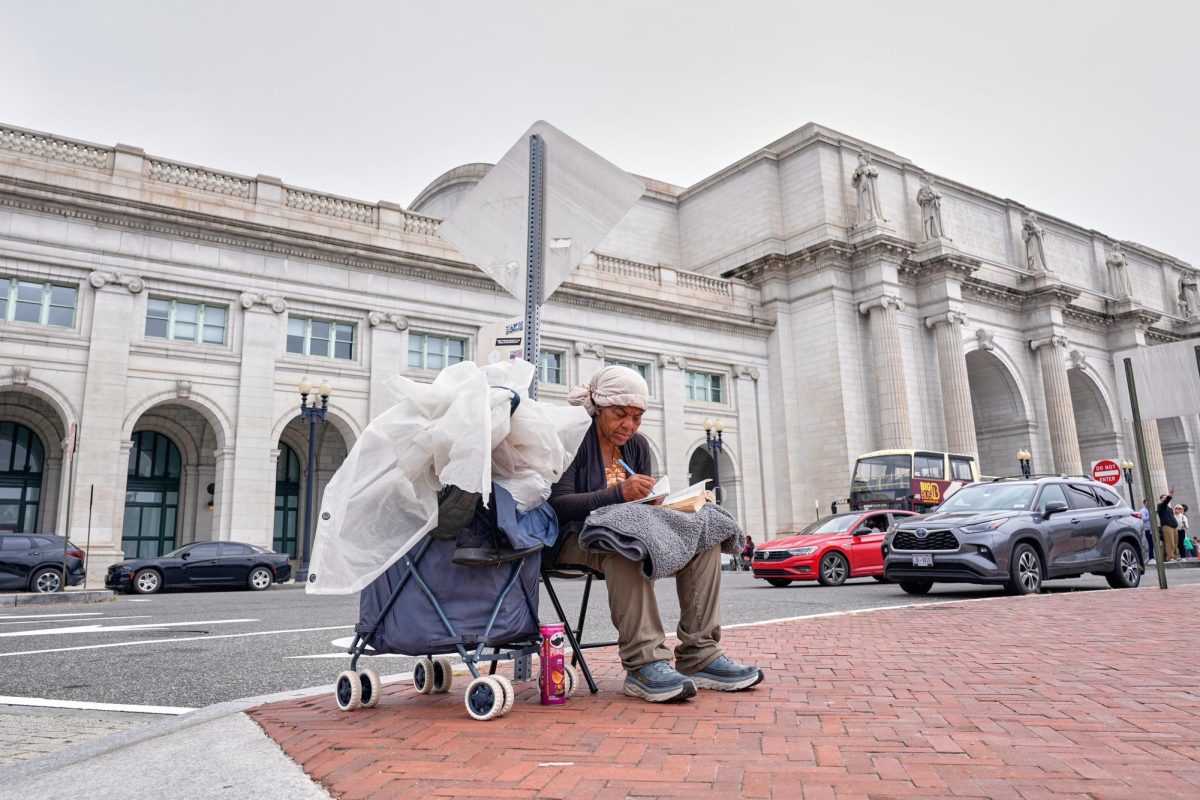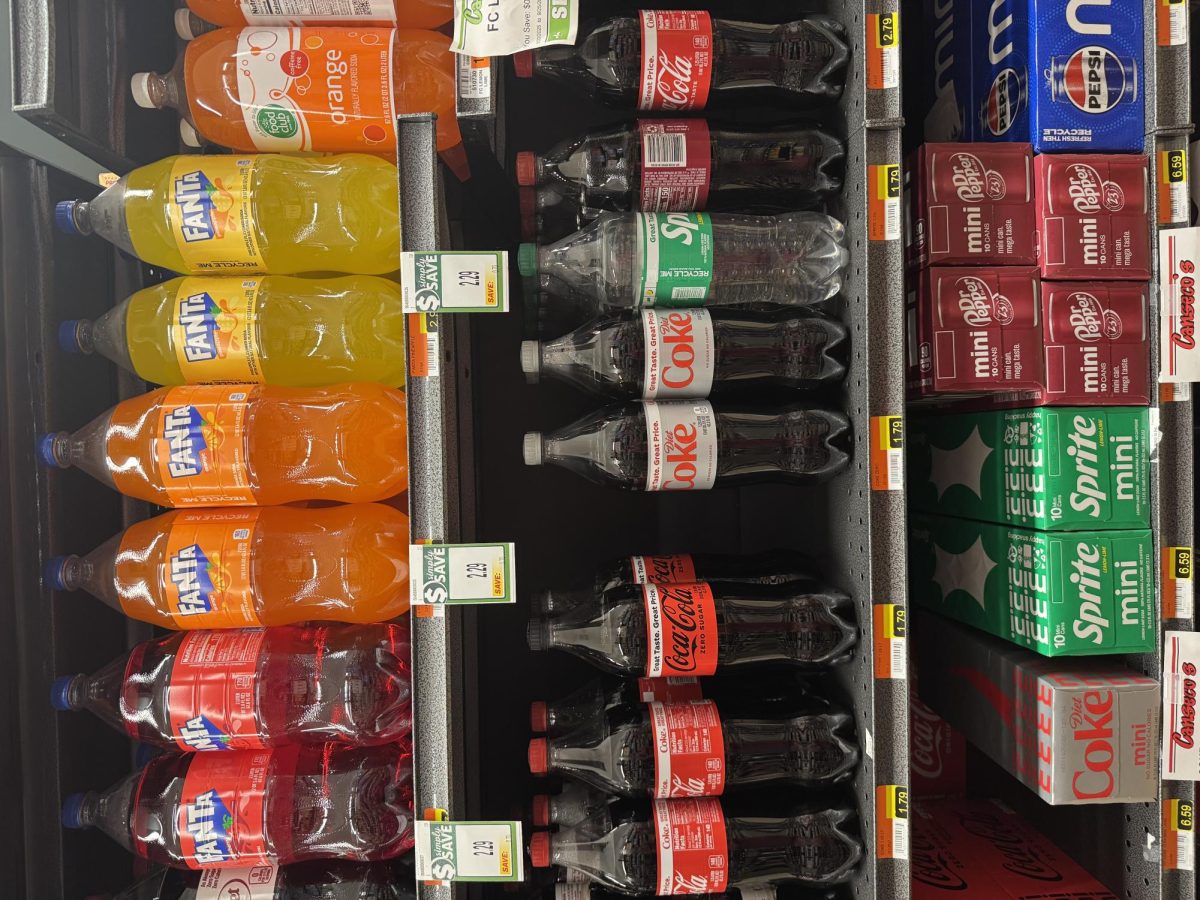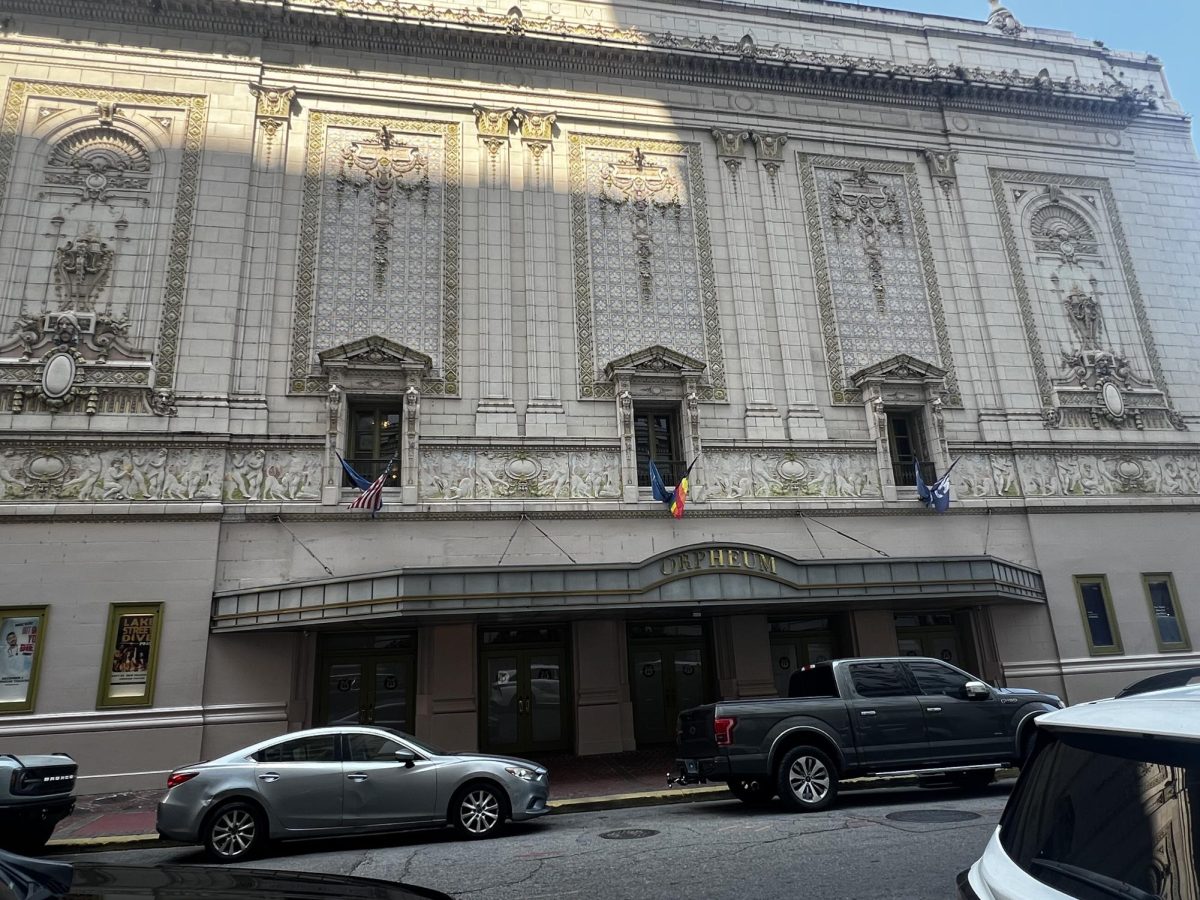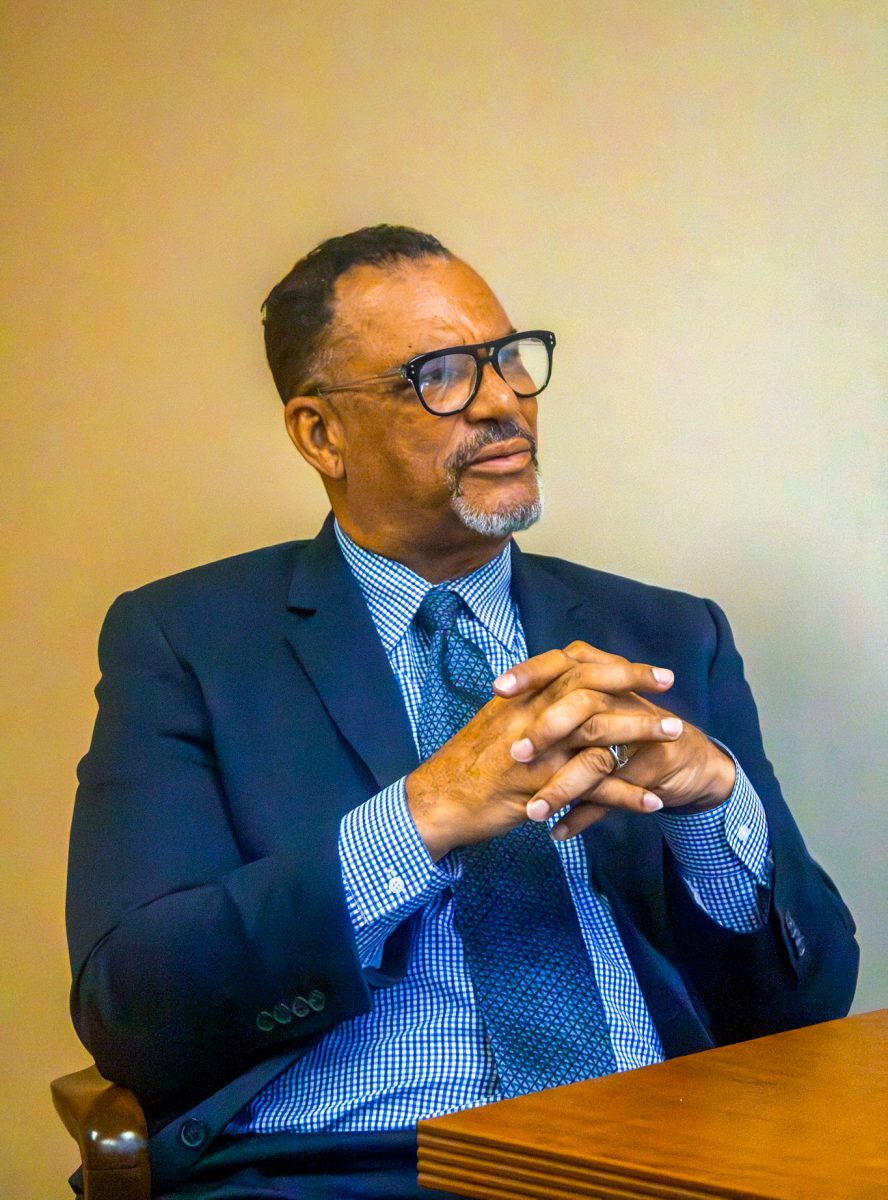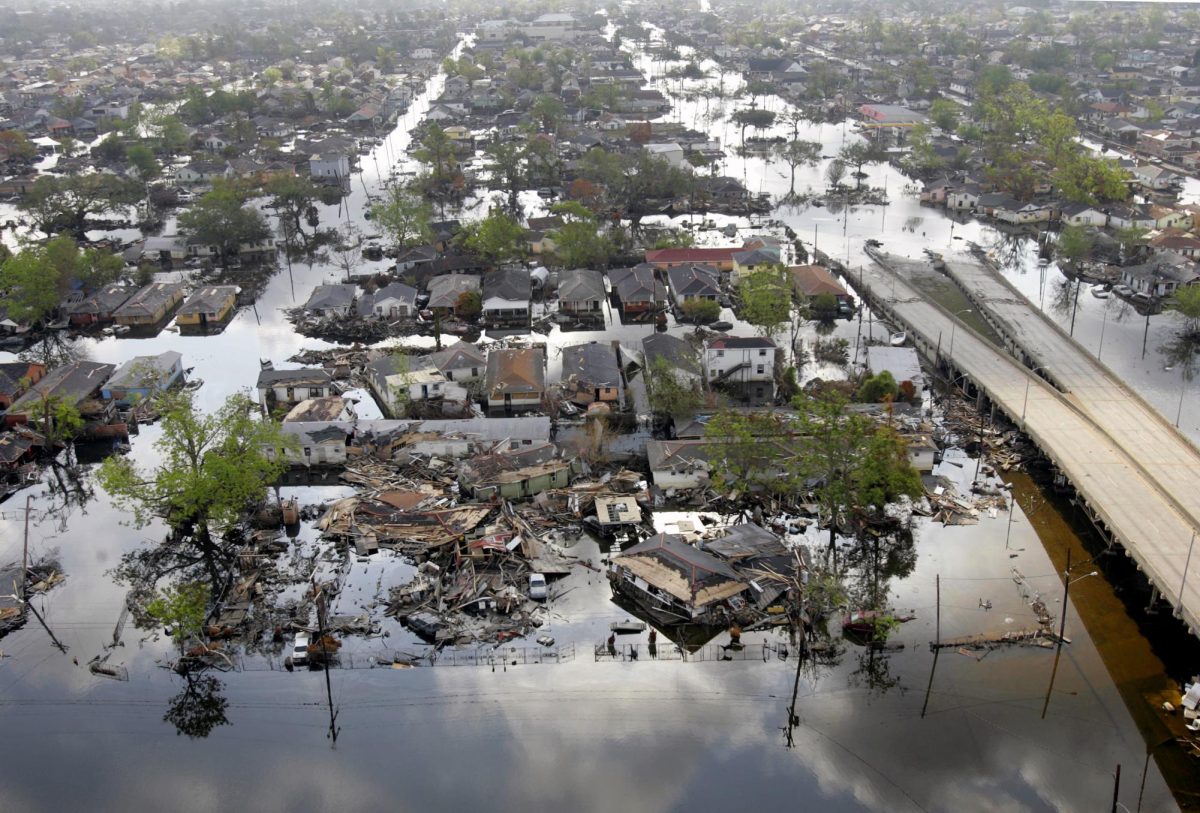Students from lower-income families have a poor chance of obtaining a higher education, according to a recent report.
The report, published by the Jesuit Social Research Institute at Loyola University New Orleans last Oct. 10, details the scope of education inequality in Louisiana.
“Rich School, Poor School: Education [In]equity in Louisiana,” co-authored by Loyola professor Nicholas Mitchell and Millicent Eib, states that the quality of public education in the state depends on level of income.
Moreover, since African American communities experience higher levels of poverty than their white counterparts, the quality of education available ends up depending on race factors, according to Mitchell.
In one of the report’s data findings, Louisiana has one of the highest child poverty rates in the United States at 27.84%. Among the recorded number of poor people, African American children are poorer than white children by 30 points.
“Education is cumulative and has tremendous influence on life after college,” Mitchell said.
The report further emphasizes poverty’s negative effect on an individual’s educational journey from birth to adulthood. People with lower levels of education mainly earn low income and suffer from high unemployment rates.
In particular, Mitchell points out that fewer African Americans and Latinos have college degrees, which is a problem as jobs that require only a high school diploma are getting scarce due to popular demand.
On a local level, public school teacher John Guzda has seen instances of education inequality since he moved to Louisiana from his home state of New York back in 2013.
Guzda, who teaches social studies at West Jefferson High School in Jefferson Parish, points out that the charter school structure common in the state has systematically promoted inequality within the education system.
“Often pitched as ‘school-choice’, many middle and upper class white families move their kids to schools where the populations of students look just like themselves,” he said.
The schools in question are new and remodeled, and are generally funded by wealthy individuals and corporations.
“I often tell my kids who attend a traditional public school that they need to work twice as hard to get half as much,” Guzda said.
Mitchell points out that Louisiana’s policy makers should take notice of the report’s findings of education disparity in the state.
“Louisiana cannot prosper, economically and socially, so long as education is unstable due to budget constraints and clear economic and racial disparities,” he said.
Mitchell has specific ideas for policies and practices that could work to fix education inequality.
“Since poverty is the root of the problems facing education today, access to healthcare is the first step,” Mitchell said.
Additionally, he indicates, schools must prioritize hiring more teachers to alleviate the lack of resources, while colleges and universities must lower tuition costs to ensure that more people are being educated to further benefit the overall standard of living in Louisiana.
Guzda has hopes for the state of education in Louisiana to improve.
“We have so far to go in Louisiana, and I intend every single day to do my part in making the dream of a better future for all kids — not just some — a reality,” he said.


